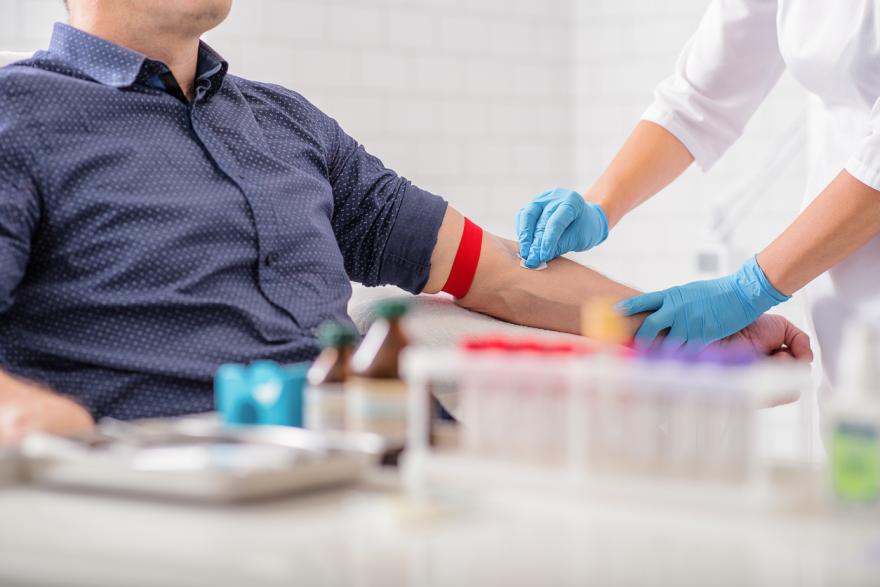There are several reasons as to why a company may choose to implement a drug and alcohol testing policy for their employees. The misuse of drugs and alcohol can significantly impact a person’s ability to perform their standard day-to-day activities, leading to reduced productivity, as well as increasing the risk of accidents, putting themselves and others at risk.
Whilst the UK government and the Health and Safety Executive believe that there isn’t a need for widespread drug and alcohol testing in the workplace, there are several industries where it is deemed essential, in particular safety critical areas, such as the Armed Forces, police, prison service, and public transport.
Ninety per cent of personnel directors from top UK organisations stated that alcohol consumption was an issue for their organisation. The majority of these believe that alcohol was a minor problem, but 17% stated that is was a major problem, with the main concerns being:
- Loss of productivity and poor performance
- Lateness
- Safety concerns
- Negative effect on team morale and employee relations
- Bad behaviour or poor discipline
- Adverse effect on company image and customer relations
What is the law?
Employers have a duty to protect the health and safety of their employees under the Health and Safety at Work Act, including ensuring employees are not under the influence of alcohol or drugs whilst working. If an employer knowingly allows an employee to be in the workplace whilst under the influence of alcohol or drugs, they can be prosecuted.
There is additional legislation in place for the transport industry, making it a criminal offence for certain employees to be under the influence of alcohol or drugs while working on railways, tramways, or other guided transport systems. Read our guide on job sectors and their testing procedures and policies for more information.
Consent
In order to perform a drug or alcohol test, your employee must obtain your written consent. Consent must be given for both an alcohol and a drugs test. When giving consent for an alcohol test, this will only apply to tests related specifically to alcohol and to no other substances or diseases, your employer must obtain additional consent to perform a drugs test.
If your employer wishes to introduce drug and alcohol testing, it must be incorporated in each member of staff’s contract of employment. If you already work for a company when they decided to introduce a drug or alcohol testing policy, you are under no legal obligation to agree to the changes in their terms and conditions of service. Under these circumstances, you can refuse to take a test and if your employer tries to force the test on you, you can then resign and claim ‘constructive dismissal’.
Can your employer randomly test you?
Yes, random drug or alcohol testing is often implemented in an attempt to deter employees from misusing these substances. These tests must be genuinely random, it is potentially discriminatory to target an individual or group of employees for testing.
As long as it is written into the employment contact, a company is able to test all or some of their employees on a random basis.
Can you refuse to take a drug or alcohol test at work?
You can always refuse to take part in a drug or alcohol test, but this may lead to your dismissal and, if you are contractually obliged to partake, you may have little recourse.
What are your rights?
Drug and alcohol testing in the workplace is legal as long as it is administered fairly, however, it is not enforceable by law; you can refuse to partake in a drug or alcohol test.
Your employee should not single out individual employees for drug or alcohol testing unless this is justified by the nature of their job. They may target individuals if they have reason to believe that there has been a decline in their performance or behaviour due to the misuse of drugs or alcohol.
If your employer wishes to introduce drug or alcohol testing, it must clearly state so in your contract or staff handbook. The policy should state:
- What the programme is trying to achieve
- How the tests will be conducted
- What action will be taken if the tests return positive

